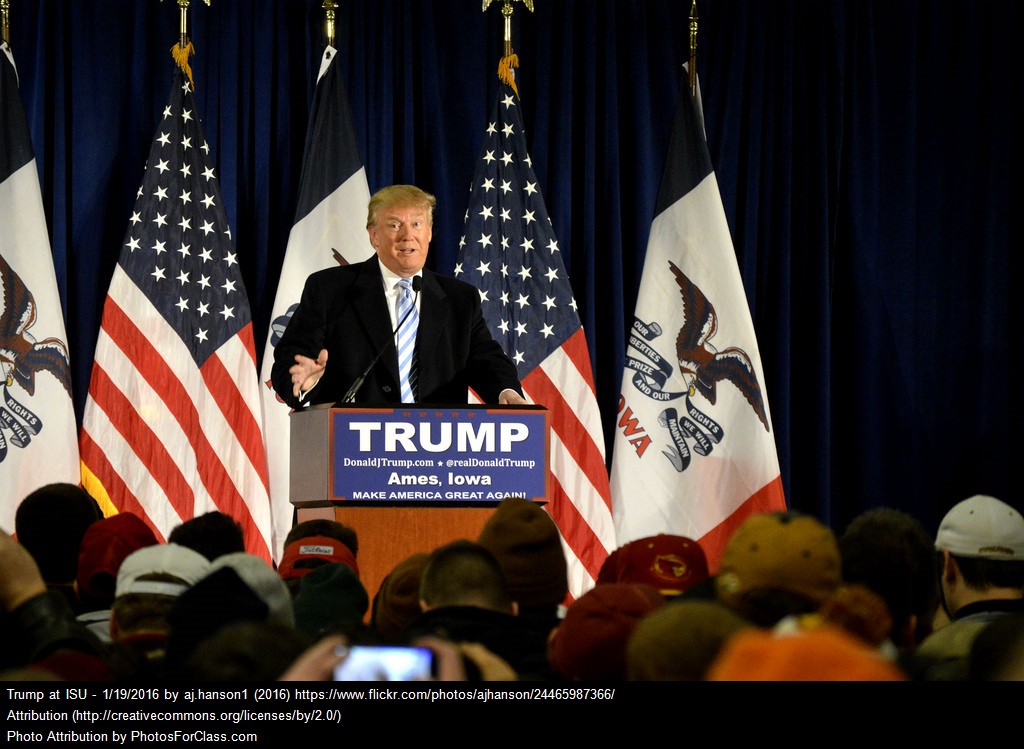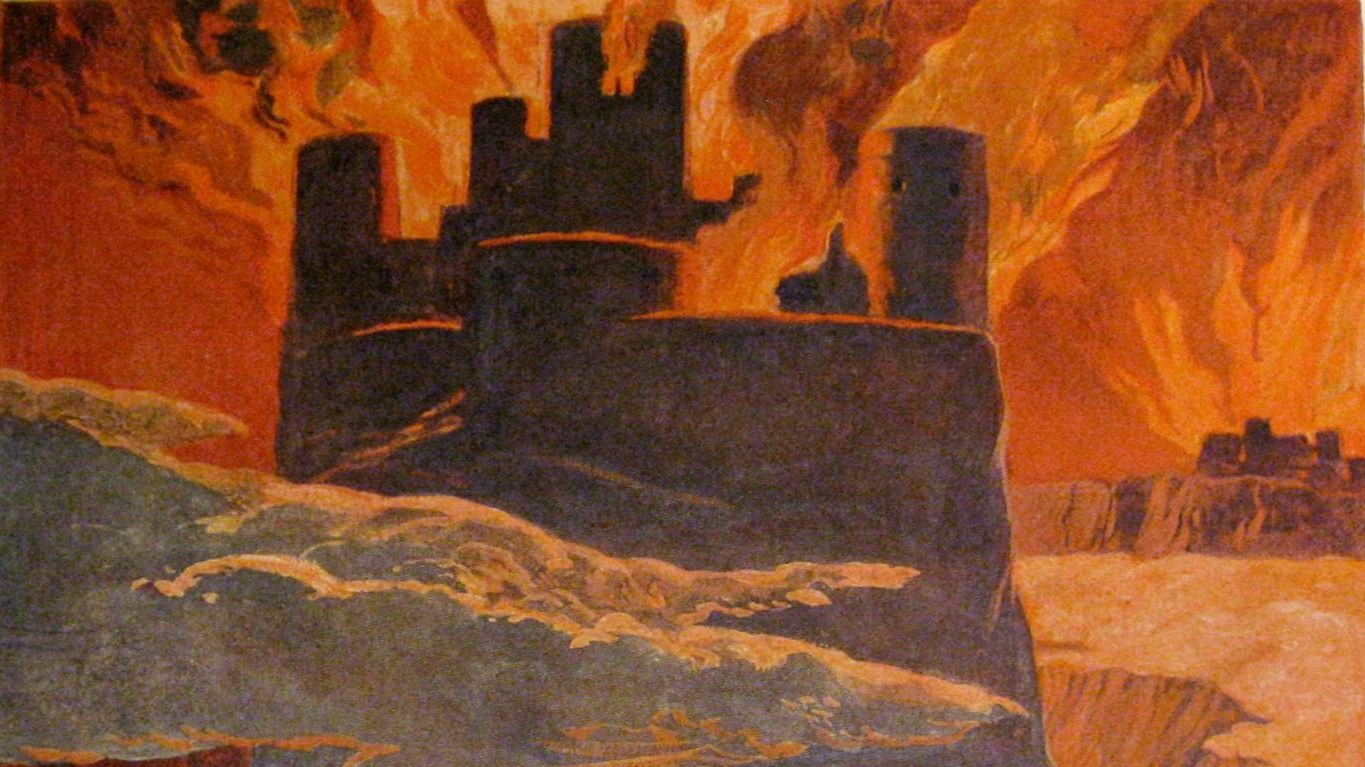Editor’s note: This is an article written by one of our comrades and may not represent the official position of EoT.
The main political event of November 2016 was, without a doubt, the election of Donald J. Trump as the next President of the United States. This has triggered various forms of speculation around the globe and across the ideological spectrum as to what the consequences of a Trump presidency will be for the United States and for the world, often leading to vastly different predictions. This is partially because many authors attempt to make far-reaching conclusions based on personality traits of the President-elect and on what they themselves would prefer to see materialize. These speculations lack a well-organized analytical methodology.
It is also this November, that the first part of the English translation of Sergey Kurginyan’s landmark article, “The Right to Oxygen” has been published on Essence of Time’s international website. In this article, which came out in Russian more than 1 1/2 years ago, Dr. Kurginyan presents a conceptual model which describes the driving contradiction of the beginning of the 21st century, which has spilled over into military, political, and cultural conflicts around the world. Dr. Kurginyan states that much of what is happening in the world can be explained by a fundamental conflict within capitalism, between so-called mutacapitalists and the classical capitalists who oppose them.
Mutacapitalism, or mutated capitalism, is a product of globalization and the concurrent process by which transnational capital is dismantling the nation-state as an institution to give way to a global state, which will be constructed to service the interests of the transnational corporations. Nation-states, once fundamentally vital to the capitalists in the days of Marx and Lenin, have now become a hindrance to transnational capital, which seeks to establish global monopolies. There is no room in this globalized, post-imperialist world for the classical, nationally-orien
Globalization dismantles the nation-state not only and not so much with military force, but also by making use of cultural aggression. For the nation-state to crumble, its cultural foundation must lose its integrity. The globalized postmodernist pop-culture undermines traditional values, including but not limited to family values, religious values, and patriotism. Centers of the globalized society exist in every country; and with varying degrees of success, globalization is advancing against local traditional cultures. This is also very much true for the United States of America.
In his recent interview for “The Atlantic”, Henry Kissinger remarked on the Trump phenomenon that it “is in large part a reaction of Middle America to attacks on its values by intellectual and academic communities. There are other reasons, but this is a significant one.” While Hillary Clinton’s support base came from large cities, which are globalized to a substantial degree, Donald Trump directed his message at a shrinking small-town and rural majority who see themselves as guardians of traditional American values, and who have long been expressing the sentiment that they are losing their country to an establishment that doesn’t represent them. This is the social energy that has propelled Trump to the White House.
There is, however, a difference between the social energy that propels a candidate to office and how that candidate behaves once elected. Barack Obama mobilized the social energy of pacifism and social justice. He then proceeded to drown Libya and Syria in blood, all while doing nothing meaningful to address America’s dynamic of growing socioeconomic inequality.
A candidate can win an election by mobilizing social energy, but a President can function effectively only with the leverage of an elite base of support. Hillary Clinton’s strong affiliation with Wall Street and her behavior as Secretary of State made it very clear what kind of President she would have been and what her elite background is: globalist and mutacapitalist. Trump’s campaign promises and rhetoric may lead one to believe that he belongs to the classical capitalist tradition that aims to bolster the nation-state against the onslaught of globalization. But again, campaign promises often have nothing to do with how a candidate actually behaves once elected.
Predicting the direction President Trump will take US relations with the rest of the world depends on the answer to one fundamental question: does Trump have a real elite base that shares his verbalized position? Does the American elite contain an independent camp of nationally-orien
Source (for copy): https://eu.eot.su/?p=9645
We encourage republishing of our translations and articles, but ONLY with mentioning the original article page at eu.eot.su (link above).




